Countless studies have shown that people are significantly more likely to achieve goals and accomplish tasks when they take the time to consciously write them down. Information is easier to track when it’s written down and you are less likely to simply forget about things or put them off if you commit to them. This is why it is so important to put pen to paper when it comes to taking control of your finances. A properly defined budget is the essential starting point for clearly defined and reachable financial goals. No matter how much you earn, if you are not keeping track of expenses, you are bound to encounter problems down the road.
Figure Out What You Have to Work With
For most of us, this should be fairly straight forward. Take a look at your paychecks and your online account if you have direct deposit. Your after-tax income from work is most likely your biggest source of income. If you have some sort of secondary income, like rental income from a second property or some other form of passive investment, it is up to you whether or not you count that. That money might be better put towards reinvestment in the income source or straight to savings, but it is there if you need it.
Start Big
You know what your biggest expenses are on a month to month basis, and these are the ones you have less control over: rent, insurance, phone bill, etc. Identifying these and adding them up will give you a good place to start in calculating how much you spend in a month and how much you can cut back. While you may not be able to change apartments tomorrow or give up your car overnight, there may be little changes you can make in this department that could add up to big savings over time. Consider looking into changing your auto insurance or reassessing your cellular data plan.
The Little Things Add Up
Now that you have established how much you have coming in each month and where the bulk of the money is going, it’s time to bunker down and figure out all the other little things that are chipping away at your bank account. Try to keep a journal and record your daily purchases for a few weeks. Make sure to keep track of how much you spend on groceries and the extras like coffee in the morning, going out to eat or Uber rides. In order to make an effective budget, you have to take into account all of those expenses. Skipping them will not give you the full picture of how much you are spending on things you may be able to avoid.
Set a Realistic Saving Goal
Figure out how much you want to save to work towards your goals and set that money aside each month or each week, no excuses. Commit to this. You do not need to save every penny you earn, but you need to have a defined goal and consistency. There are a number of savings accounts available to help you keep your money safe, as well as automatic deposits you can set up; but ultimately it is up to you to make the effort to hold back from some expenses today to build something better tomorrow.
The Big Picture
Once you have everything on paper in front of you, it will be much easier to see where you need to make some changes. That $3 coffee probably didn’t seem like a big deal this morning, but when you put it in perspective on a monthly basis, you start to see some easy areas you could make some cuts. How you do this is up to you; You could color code by priority of the expense or how urgently you need to reduce or eliminate it, or you could create a spreadsheet and play with the numbers. However you decide to go about it, having everything mapped out in front of you will make it much easier to identify problem areas and get yourself on track towards a healthy financial future.
For more information about savings account options and how you can make your budget work for you, contact us today!
{{cta(‘1cce2128-9c7d-43bb-b3f8-b7e288d2bc94’)}}




